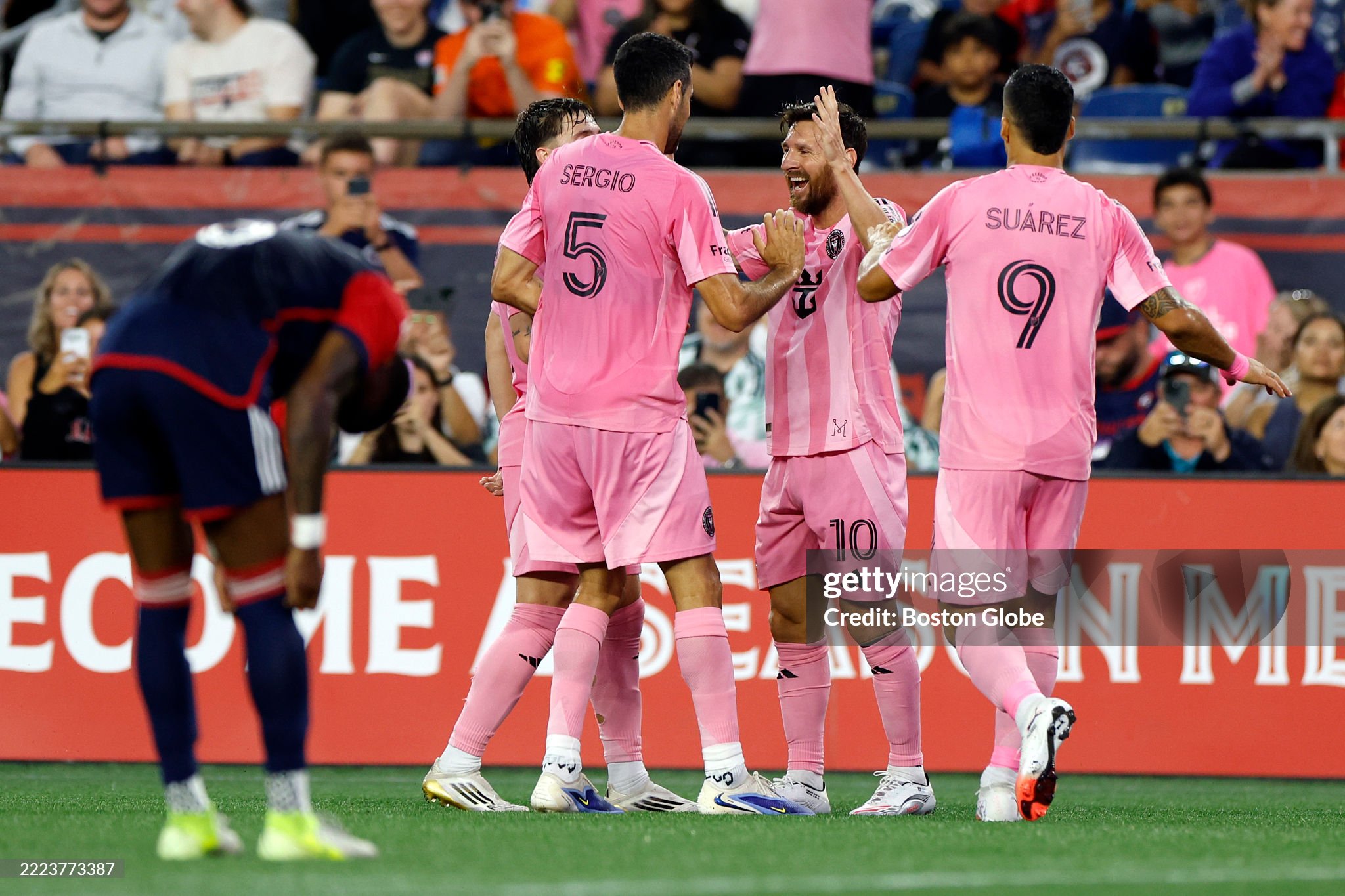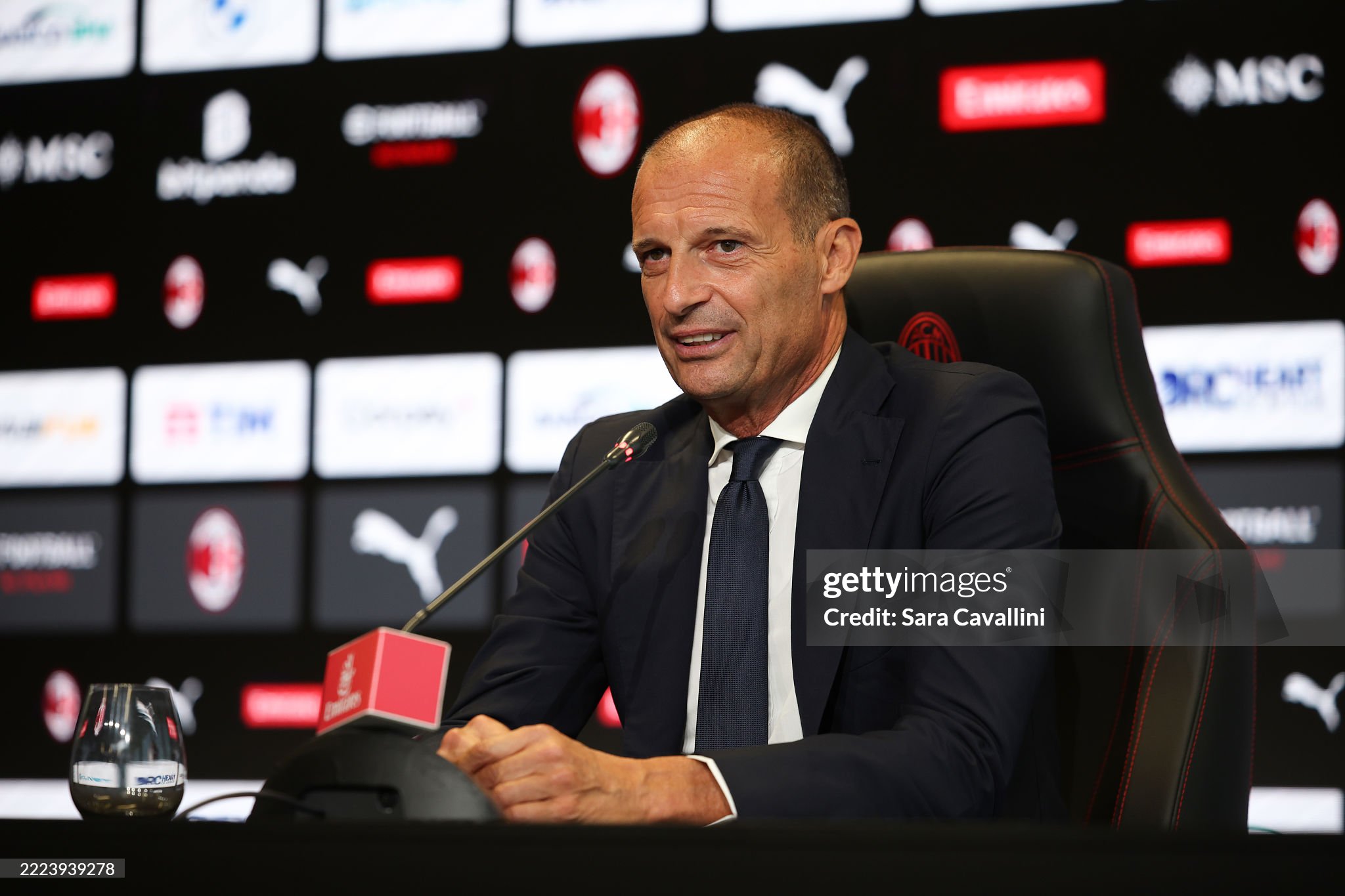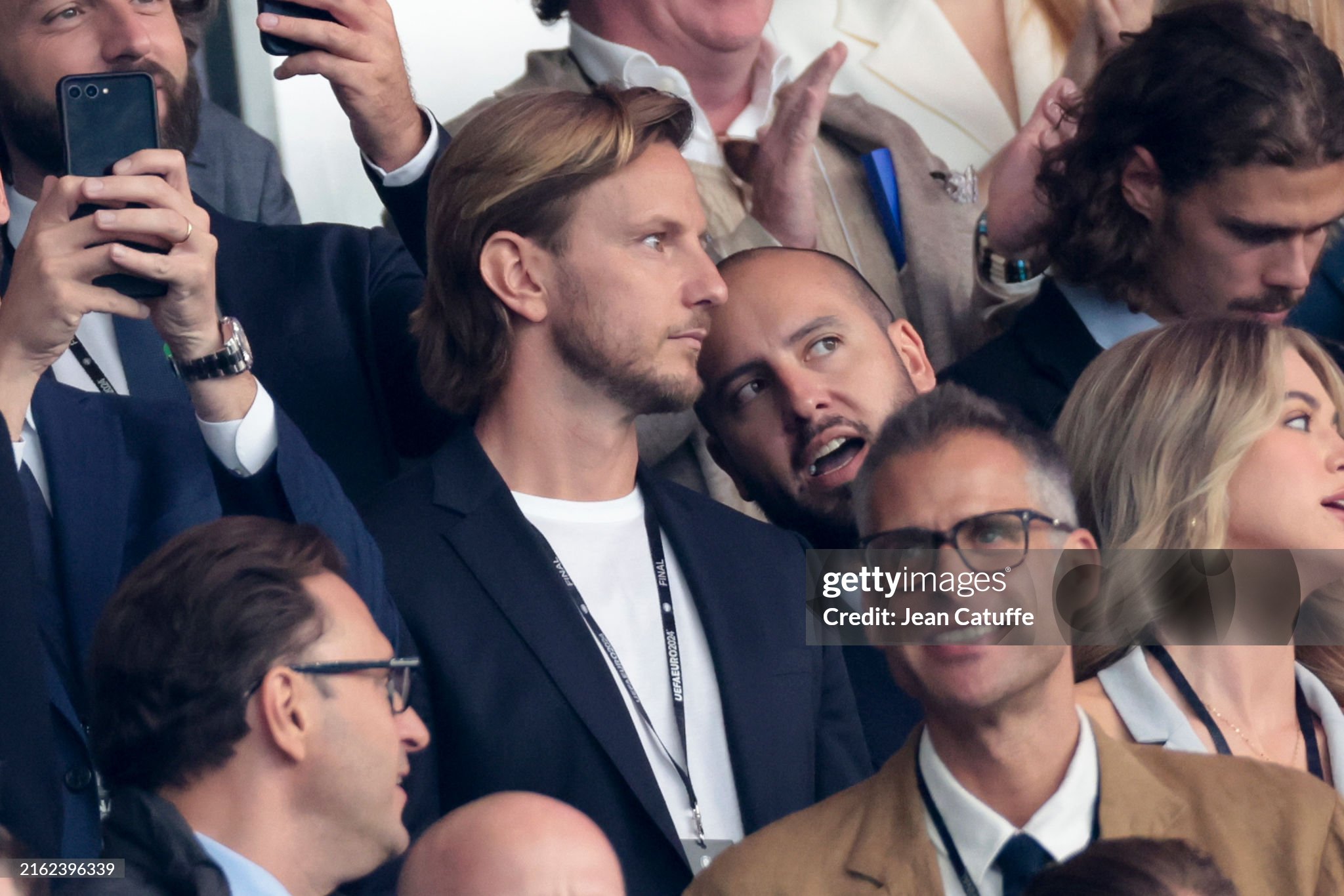Watford has appointed a permanent manager again. After a trial period of about a month, the Championship participant has decided to permanently appoint interim manager Tom Cleverley to lead the team. This is yet another appointment by the rather dismissal-prone club owner Gino Pozzo.
Under Tom Cleverley's stewardship, Watford has shown signs of stability and potential, even though the prospect of promotion to the Premier League has been out of reach this season.
This is a significant change from the club's usual pattern of frequent managerial changes and unstable results. Cleverley's approach has seemingly fostered a more consistent and resilient team dynamic, leading to improved performances on the pitch. This success, albeit modest, has been enough to secure the club's position in the Championship for another season.
Watford's decision to appoint Cleverley as the permanent manager marks a departure from their recent history of rapidly changing managers in search of quick fixes. Cleverley, initially joining the club as a youth coach, has rapidly ascended to the top role, suggesting a shift in the club’s strategy towards more sustainable management practices. This is a notable development given the turbulent managerial history at Vicarage Road, which has seen a revolving door of coaches over the years.
The club's notorious reputation as a "managerial graveyard" is underscored by the fact that no manager has managed to complete a full season since the release of GTA 5 in 2013. This frequent turnover has often been critiqued as a major factor in the team's inconsistent performance levels. The hope is that Cleverley, with his background as a player at top clubs like Manchester United and his understanding of modern football tactics, will bring a fresh perspective and more stable leadership.
Among the illustrious list of former managers, names like Slaven Bilic, Roy Hodgson, Claudio Ranieri, and Sean Dyche highlight the caliber of coaches who have tried to steer the club through turbulent times. Each brought their unique style and experience, yet none could stem the tide of managerial changes. Cleverley's appointment is seen as an opportunity to break this cycle, providing continuity and a clear long-term vision, something that has been missing at Watford.
The club and its fans are cautiously optimistic that this new chapter under Cleverley will mark the beginning of a more stable and successful period. His deep connection to the club and his progressive coaching methods are expected to align well with Watford’s aspirations to rebuild and eventually return to the Premier League.








